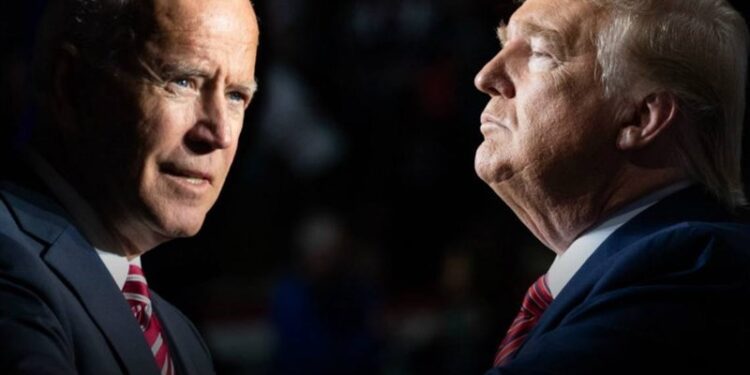In 2020, Donald Trump’s stubborn (but perfectly legitimate) refusal to concede the election threw a wrench into Joe Biden’s presidential transition, so much so that it sent Congress scrambling for a solution. Fast-forward to this year, and while the results were swift and decisive, the changes Congress made to prevent another messy transfer of power didn’t really get a workout. So far, so good.
Back in 2020, Trump’s election denial – against the backdrop of highly ‘irregular’ shenanigans in some swing states – sparked a national crisis of sorts. Biden’s team was left twiddling its thumbs for weeks because the General Services Administration (GSA)—a relatively obscure agency responsible for managing government property—dragged its feet on releasing critical resources. That delay wreaked havoc on national security planning and disrupted efforts to handle the pandemic, which was, you know, still raging.
Congress got to work in 2022, attempting to address the problem. The fix? Instead of leaving it up to the GSA to decide when to let the incoming administration in on the goodies, now multiple transition teams can start their work in parallel, even if the election is still in dispute. In other words, if a race gets as tangled as 2020 (or, heaven forbid, 2000), both the winner and the loser can begin preparing for their respective roles as commander-in-chief, with agencies sharing resources and information with both teams.
Under the new law, “landing teams” from multiple candidates can start showing up at federal agencies, securing office space, receiving security briefings, and accessing the necessary funds to get things rolling—all before a winner is officially declared. The idea is to smooth the transition, no matter how messy the aftermath.
Sounds great, right? Well, kind of. While the 2022 reforms were a step in the right direction, they didn’t solve everything. For one, an election loser could still get their hands on highly sensitive government intel, potentially putting national security at risk. Plus, some government officials and agencies might still drag their feet, or outright obstruct, the transfer of power. So, while the fix may have been a good start, it’s not a full-on guarantee against chaos.
And then there’s Trump’s ongoing drama. In 2020, despite the GSA giving the green light, some agencies outright refused to cooperate with Biden’s team. It was like a weird game of government musical chairs, with the Biden team being told “sorry, no room for you here.” Some election experts think Congress can’t do much to prevent such behavior, either.
Oh, and one more fun twist: Trump’s team still hasn’t signed the usual agreements for federal transition funding, which means they’re not subject to the typical ethics rules or financial transparency that other incoming administrations have to follow. So, while Congress may have put in some safeguards, there are still a few loopholes big enough to drive a limo through.
In the end, the fixes made by Congress are mostly untested. But for now, the smoothness of this year’s election results means we won’t know if those safeguards will actually hold up in the face of another contested race. Let’s just hope we don’t have to find out the hard way.
Discover how the election will affect American workers:


